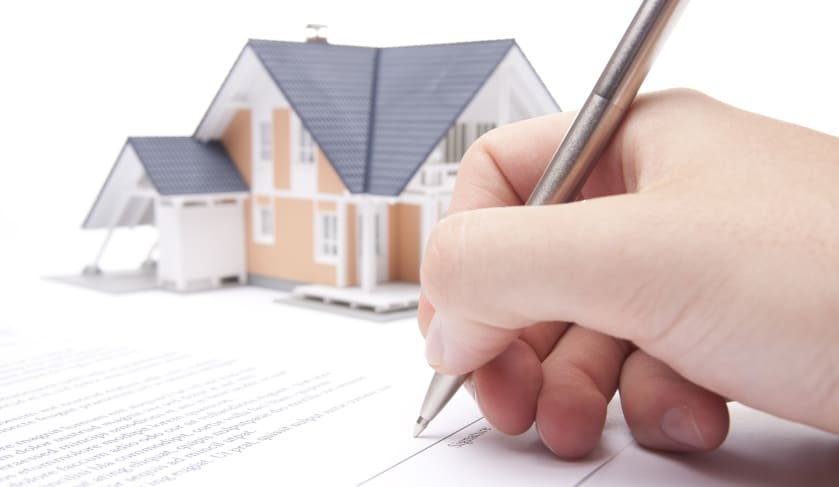5 Simple Ways To Reduce Your Mortgage

SPONSORED BY Blogger: Neil Carstairs, Director & Senior Lending Specialist, Mortgage Corp
It obviously won’t happen overnight but there are actually some very simple things you can do YOURSELF to reduce your mortgage.
- Pay off ‘bad debt’ FIRST!
By ‘bad debt’ I mean debt that you can’t deduct for tax such as personal and car loans, credit cards and your owner-occupied home loan. It’s generally recommended that bad debt is paid off before ‘good debt’ (such as investment property loans).
Why?
Firstly, personal loans and credit cards tend to have higher interest rates than home loans and investment loans. It makes sense to pay this debt off first so you can reduce interest costs.
Secondly, paying down ‘good debt’ means you lose out on tax deductions. Paying down ‘bad debt’ makes no difference to your tax position.
Even if the interest rate is higher on your ‘good debt’, the tax benefits you get may more than make up for the extra interest you pay. An experienced mortgage broker can help you with strategic loan structuring strategy, leaving you with more cash to pay off your loans.
- Do nothing!
With interest rates steadily declining, you might be tempted to reduce your mortgage repayments so that you have more spending money. But by doing nothing and maintaining your repayments you can reduce your mortgage by TENS OF THOUSANDS OF $$$.
Say you have:
- a loan of $500,000;
- at a variable interest rate of 5%; and
- you are scheduled to make monthly principal and interest repayments of $2,684 over 30 years.
If the interest rate then reduces to 4.5%, but you still make repayments of $2,684 you will:
- pay down your loan 3 years and 4 months faster; and
- save $52,199 of interest over the term of the loan – all without doing anything differently!
- Commit to extra repayments
Just received a pay rise at the start of the financial year? Maybe it’s time to think about setting up or increasing extra repayments towards your mortgage.
After some budgeting (and discipline!) work out a regular amount that you can afford to transfer into your mortgage account – whether it’s $20, $100, or more – EVERY DOLLAR COUNTS! Just a few dollars a week can make a massive impact on the length of your loan and the amount of interest you pay.
Use this comprehensive Budget Planner to help you work out how much extra you can put away to fast track your repayments.
- Make compulsory repayments on time
Don’t get caught out by late repayment fees and penalties on your credit facilities – whether it’s your mortgage or credit cards. This is one of the easiest ways to add unnecessary costs.
What’s more, making repayments late can reflect badly on your credit history and impact your ability to refinance.
Be strict about setting aside enough to make your repayments – set up calendar reminders, organise a direct debit into your savings account or reduce your credit card limit – you will thank yourself!
- Manage timing of cash flows
Sometimes being able to make repayments is all about managing the timing of your income and expenses.
For example, if you’re renting out an investment property, there are some easy things you can do to improve cashflow such as requesting that your tenant pays on a fortnightly rather than a monthly cycle and chasing up late payments promptly.
Likewise with expenses, keep a close eye on the due dates of your bills so that you pay right before or on the due date. Just a few extra days could make all the difference!
There are a lot of other things that you can do to reduce your mortgage but to ensure you maximise your loan serviceability, tax savings and wealth creation, a correct loan structure is the key. Make sure your loan is structured for long term investment success.

